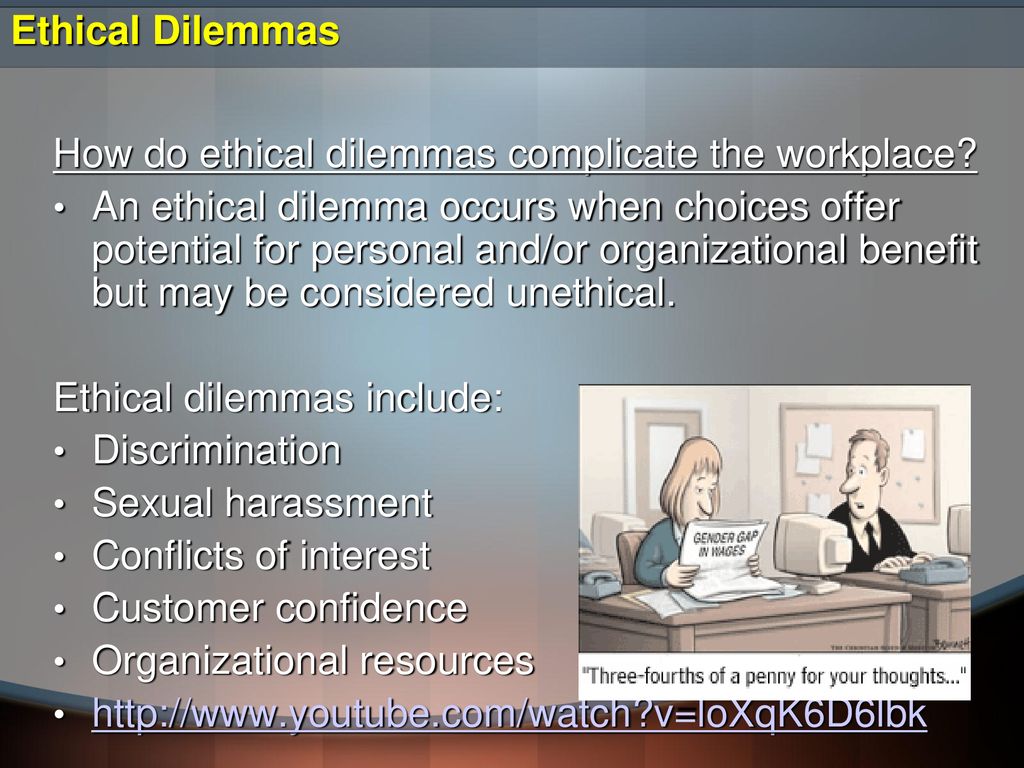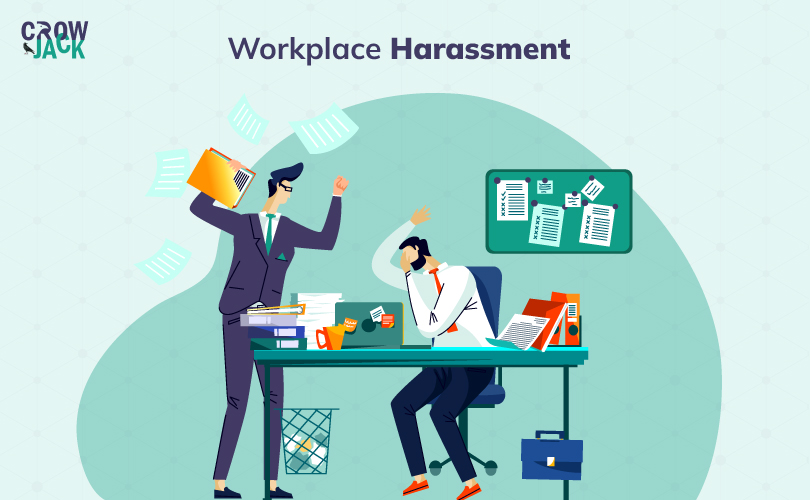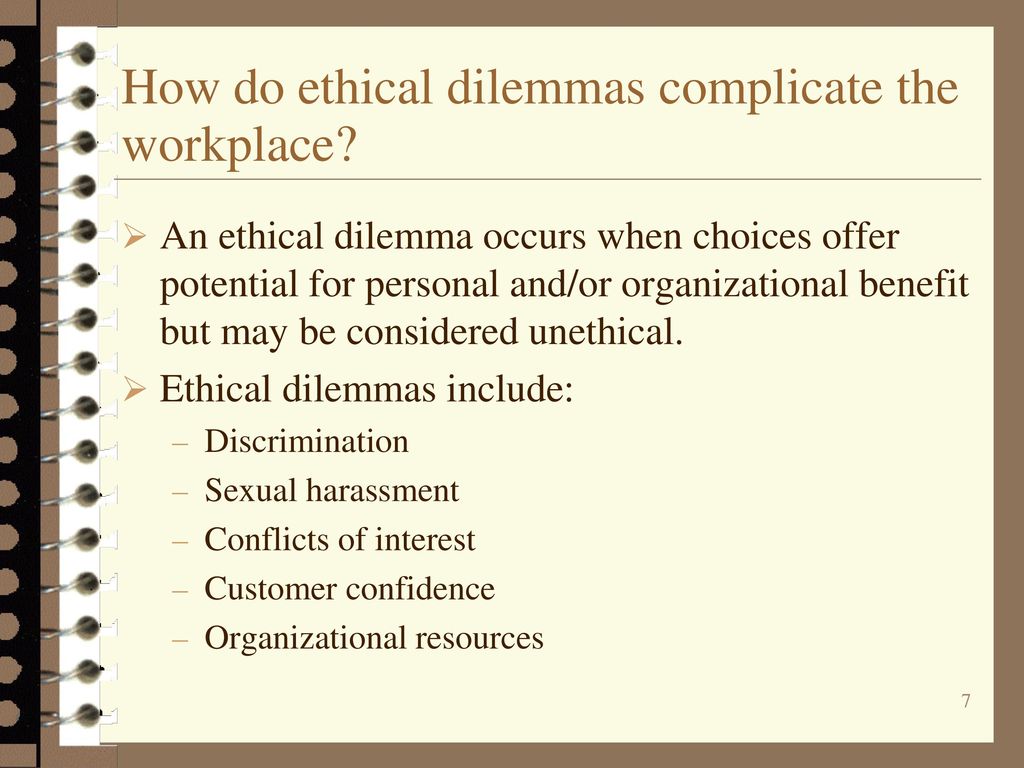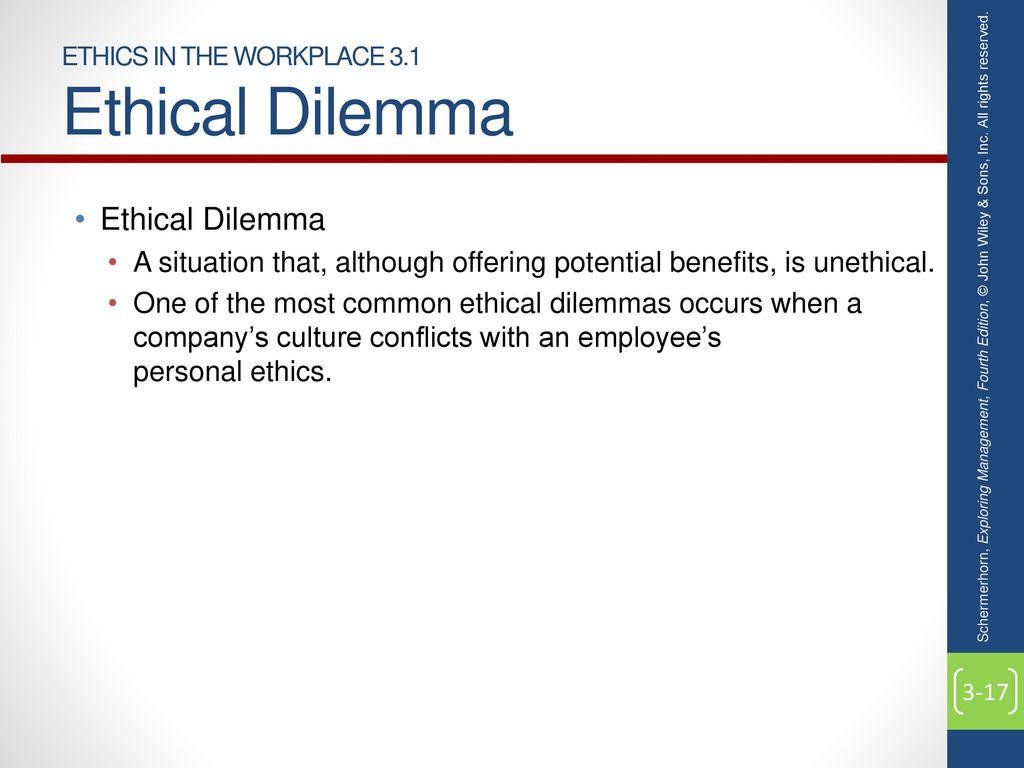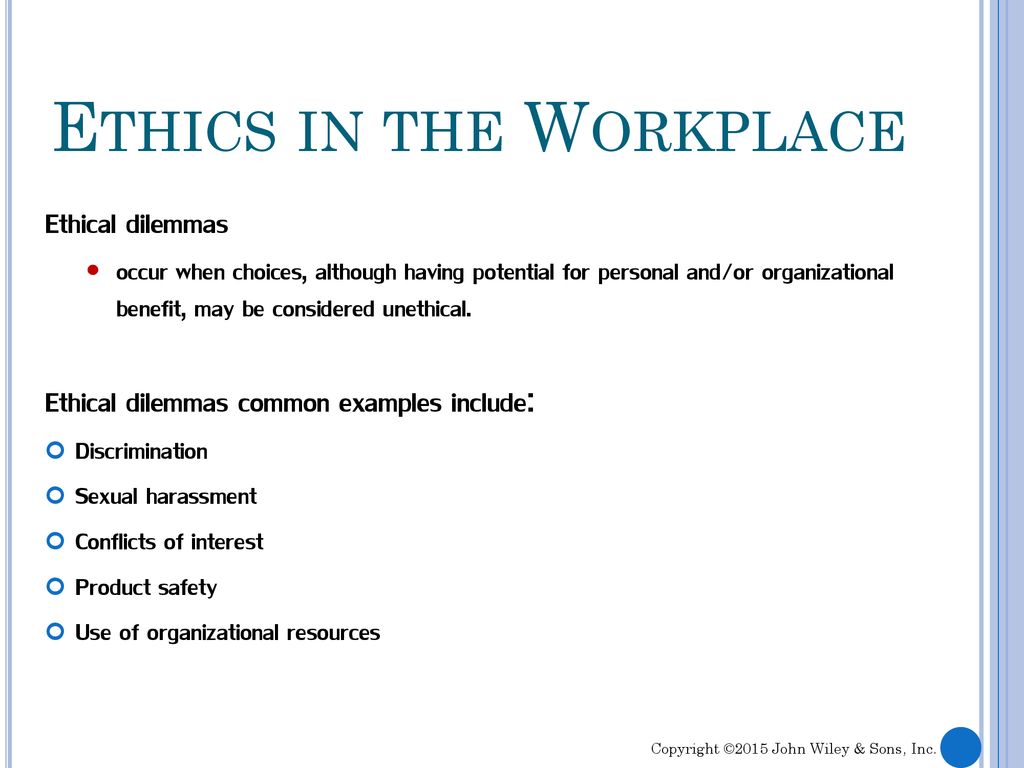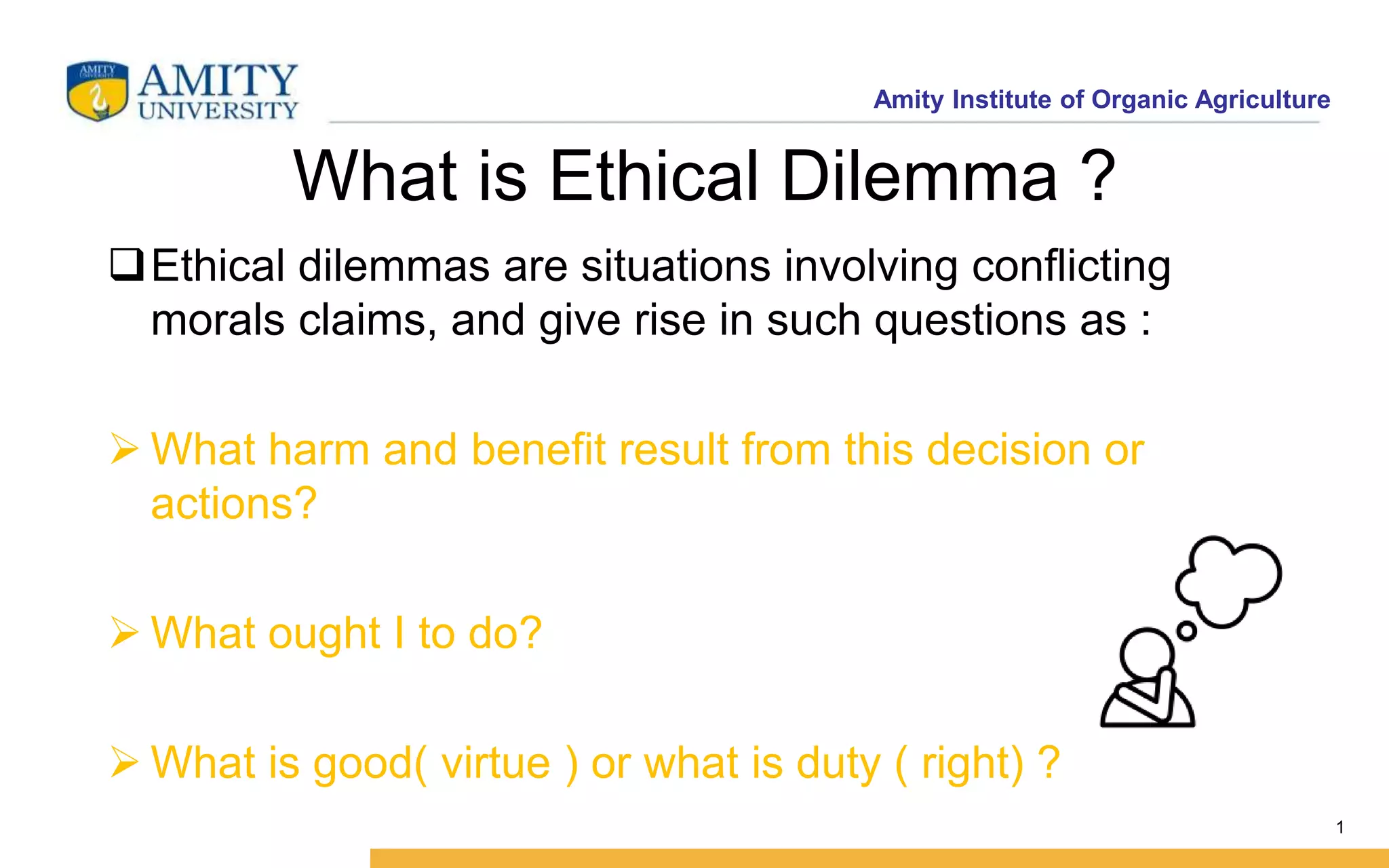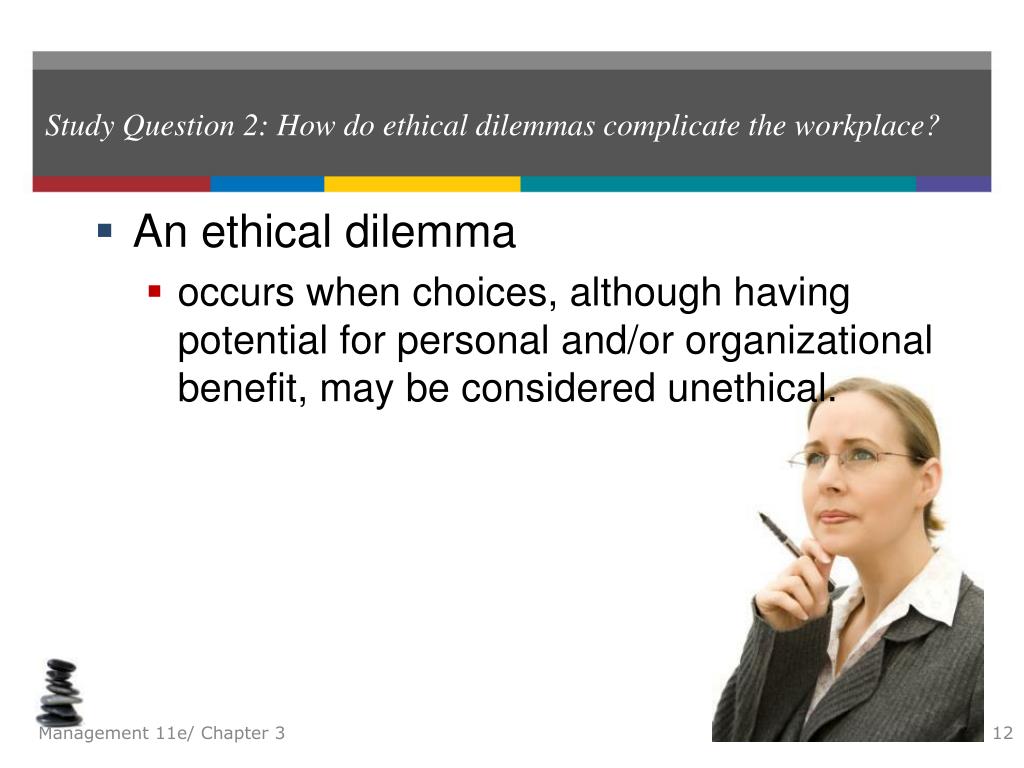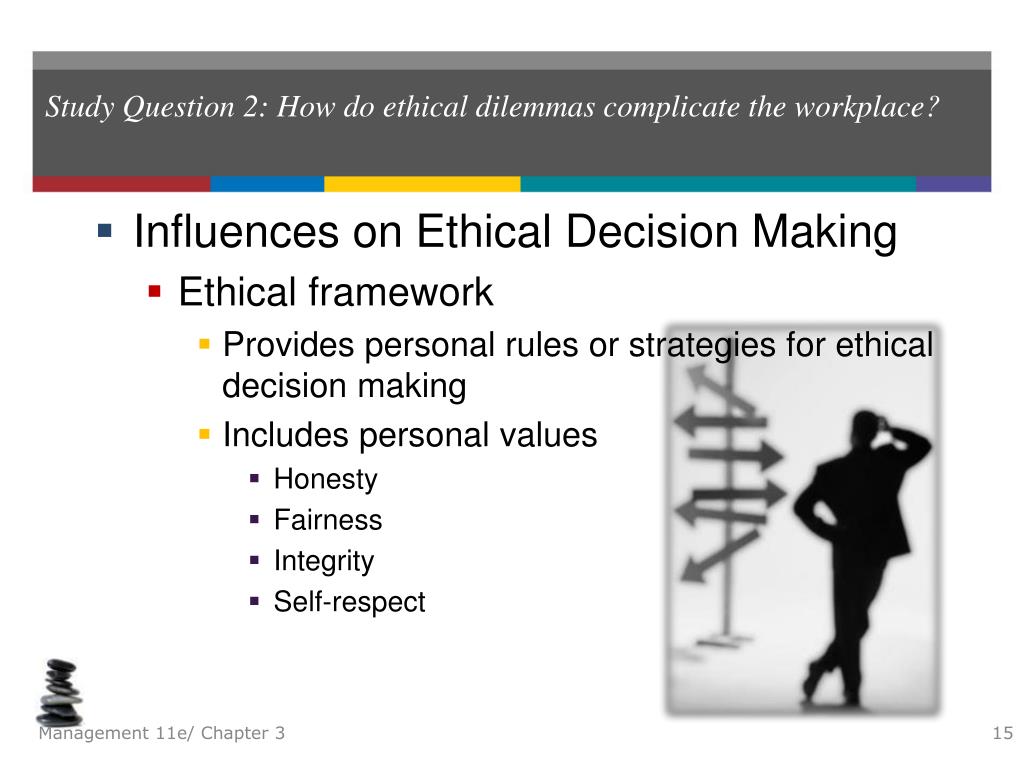Ethical Dilemmas Only Occur Outside Of The Workplace

The pervasive belief that ethical dilemmas primarily exist in realms outside of professional life – in personal relationships, societal issues, or political arenas – is a dangerous misconception. This flawed understanding can lead to a blindness towards the ethical complexities that permeate the workplace, fostering environments ripe for misconduct and eroding trust.
At its core, this notion minimizes the significant ethical challenges faced daily by employees across all industries. It implies a separation between personal morality and professional conduct that simply doesn't exist. The consequences of ignoring these workplace ethical dilemmas can range from minor infractions to major corporate scandals.
The Myth of Separated Ethics
The idea that ethics can be compartmentalized – one set for personal life and another (often less rigorous) for work – is fundamentally flawed. Human behavior is rarely so neatly divided. Individual values and moral compasses invariably influence decision-making in professional settings.
Furthermore, many workplace situations involve ethical considerations that directly impact individuals' well-being, company reputation, and even the public good. For instance, consider a software engineer pressured to cut corners on security protocols to meet a deadline, or a marketing executive asked to promote a product with misleading claims. These are not abstract philosophical debates but real-world scenarios with tangible consequences.
Examples of Workplace Ethical Dilemmas
The spectrum of ethical challenges in the workplace is broad and varied. Conflicts of interest, where personal gain clashes with professional responsibilities, are a common occurrence. These can range from accepting gifts from vendors to misusing company resources for personal benefit.
Discrimination and harassment represent another significant area of ethical concern. Ensuring a fair and inclusive work environment requires constant vigilance and a commitment to ethical conduct at all levels of the organization.
Data privacy and security have emerged as critical ethical considerations in the digital age. Employees entrusted with sensitive information have a responsibility to protect it from unauthorized access and misuse.
The Consequences of Ethical Blindness
When ethical dilemmas in the workplace are ignored or downplayed, the consequences can be far-reaching. A culture of unethical behavior can erode employee morale, damage the company's reputation, and lead to legal and financial penalties.
The Enron scandal, for example, serves as a stark reminder of the devastating consequences of unchecked ethical lapses at the corporate level. Similarly, numerous cases of data breaches and privacy violations highlight the ethical responsibilities of organizations in the digital realm.
According to a 2023 report by the Ethics & Compliance Initiative (ECI), organizations with strong ethical cultures are more likely to report higher employee engagement, lower misconduct rates, and improved financial performance.
Building an Ethical Workplace
Creating a truly ethical workplace requires a multi-faceted approach. Leadership must set the tone from the top, demonstrating a commitment to ethical conduct in all aspects of the business.
Organizations should implement comprehensive ethics training programs that equip employees with the knowledge and skills to identify and address ethical dilemmas. These programs should not only cover relevant laws and regulations but also promote critical thinking and ethical decision-making.
Establishing clear reporting mechanisms and ensuring that employees feel safe to raise concerns without fear of retaliation is also crucial. Whistleblower protection is essential for fostering a culture of transparency and accountability.
The Role of Education and Awareness
Raising awareness about the prevalence and importance of workplace ethics is paramount. Educational initiatives, both within organizations and in academic institutions, can help dispel the myth that ethical dilemmas are confined to personal life.
By emphasizing the interconnectedness of personal values and professional conduct, we can empower individuals to make ethical choices in all aspects of their lives. Continuous learning and ongoing dialogue are essential for fostering an ethical workplace culture.
Ultimately, recognizing and addressing ethical dilemmas in the workplace is not just a matter of compliance but a fundamental responsibility that contributes to a more just and sustainable society. Ignoring these challenges is no longer an option.
